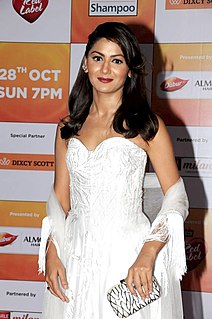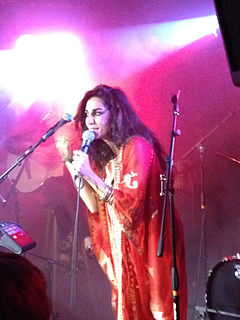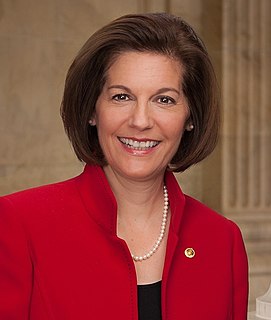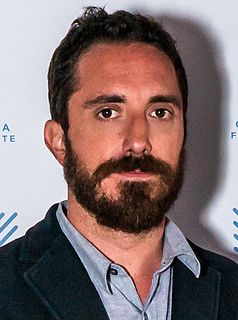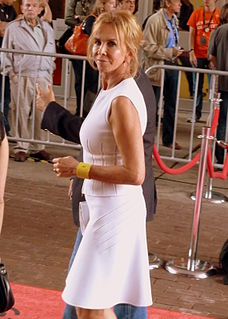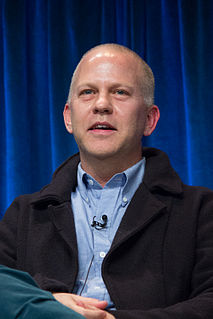A Quote by Carol Gilligan
I used to tell women graduate students, half-seriously, that the role of slightly rebellious daughter was one of the better roles for women living in patriarchy.
Related Quotes
If women take their bodies seriously and ideally we should then its full expression, in terms of pleasure, maternity, and physical strength, seems to fare better when women control the means of production and reproduction. From this point of view, it is simply not in women's interest to support patriarchy or even a fabled "equality" with men. That women do so is more a sign of powerlessness than of any biologically based "superior" wisdom.
claims about what's 'natural' have long been used to reinforce traditional gender roles and values. ... Even the notion that women should have children at all is based on the idea that a woman's inherent and most important role is that of mother. Shockingly, men's 'innate' roles are a lot more fun than the ones bestowed on women.
I'm not an American as you know, and to deliver "Jackie" today in the United States and understanding the role of women in society is changing and I hope it just gets better and better - and also in cinema. There's very few interesting roles today for women in cinema. It's getting better and stronger and, and I'm proud to be part of that.
Patriarchy is not men. Patriarchy is a system in which both women and men participate. It privileges, inter alia, the interests of boys and men over the bodily integrity, autonomy, and dignity of girls and women. It is subtle, insidious, and never more dangerous than when women passionately deny that they themselves are engaging in it.
If you just look at the number of roles for women versus the number of roles for men in any given film, there are always far more roles for men. That's always been true. When I went to college, I went to Julliard. At that time - and I don't know if this is still true - they always selected fewer women than men for the program, because there were so few roles for women in plays. That was sort of acknowledgment for me of the fact that writers write more roles for men than they do for women.


